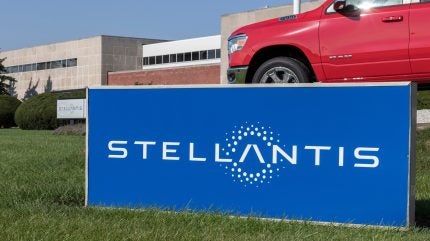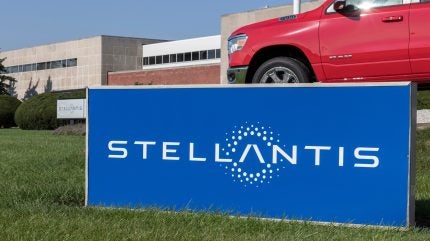
A London tribunal has dismissed Stellantis’ €771m ($807.62m) lawsuit against two automotive safety equipment manufacturers, Autoliv and ZF/TRW.
The lawsuit was filed over allegations of inflated prices charged by the two companies for seatbelts, airbags, and steering wheels between 2002 and 2011.
Last year, Stellantis had sought damages from Autoliv and ZF/TRW, which were previously penalised by the European Commission for cartel activity, reported Reuters.
Sweden-based Autoliv and TRW (TRW was acquired by Germany’s ZF Friedrichshafen in 2014), were found to have participated in cartels affecting the sale of their products to European and Japanese car manufacturers.
In 2019, the European Commission (EC) imposed fines totalling €368.3m on Autoliv and ZF/TRW for their involvement in cartels related to supplies for certain European automakers.
Additionally, a Japanese subsidiary of Autoliv was among the firms penalised for similar anti-competitive practices involving Japanese car manufacturers.
Autoliv and ZF/TRW contended that while the EC conducted a multi-year investigation with their cooperation, it did not determine that Stellantis had been specifically impacted by the cartel’s actions.
The UK’s Competition Appeal Tribunal ruled against Stellantis, stating in a written judgment that the automaker had “failed to show that any cartel activity directed against the Stellantis groups resulted in an overcharge at all or of the size claimed.”
In December 2024, Stellantis partnered with Chinese battery manufacturer CATL to build a €4.1bn ($4.3bn) carbon-neutral gigafactory in Spain.
The “large-scale” facility is planned to be implemented in several phases. The two companies have formed a 50-50 joint venture and aim to begin production by the end of 2026.

